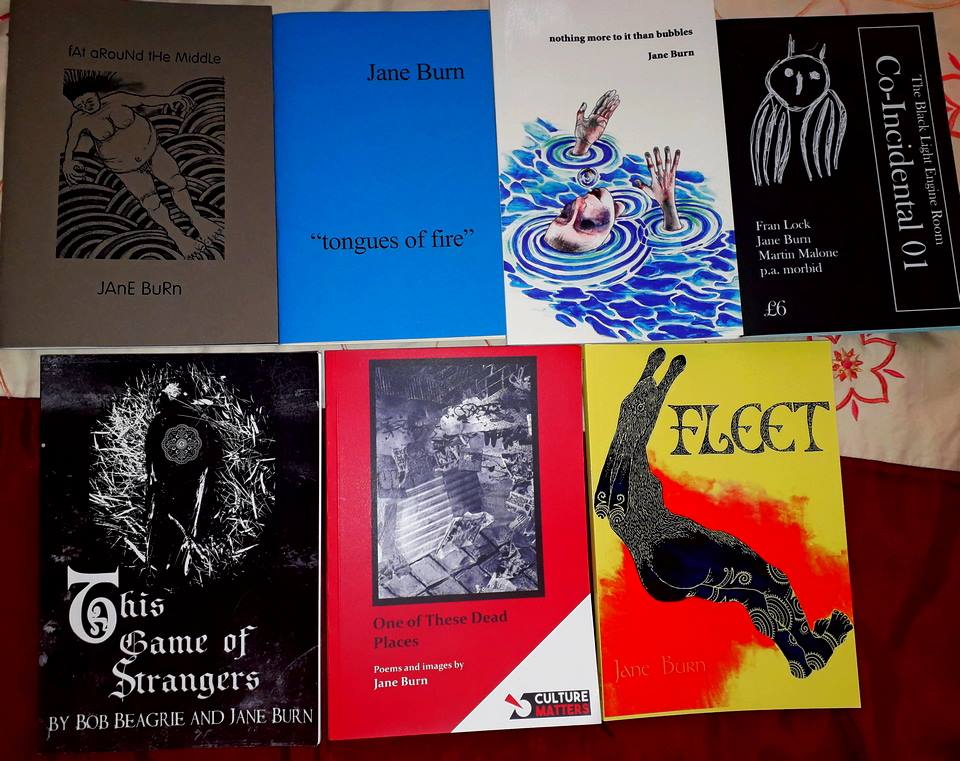
JANE BURN – POETRY AS HARD GRAFT, INSPIRATION, REACTION OR EXPERIMENT?
I interviewed poet & artist Jane Burn who won the Michael Marks Environmental Poet of the Year 2023-24 with A Thousand Miles from the Sea.
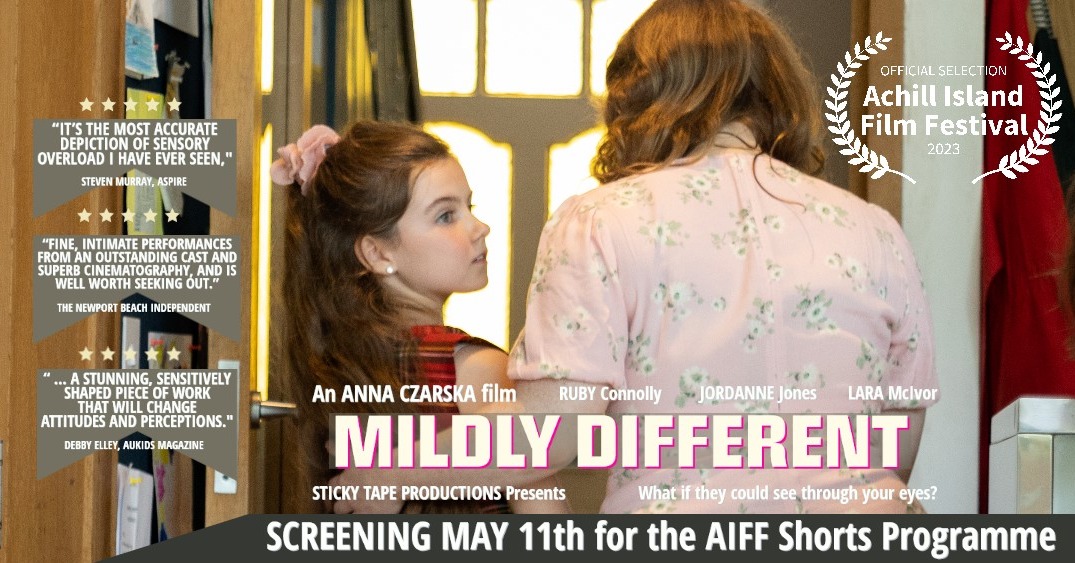
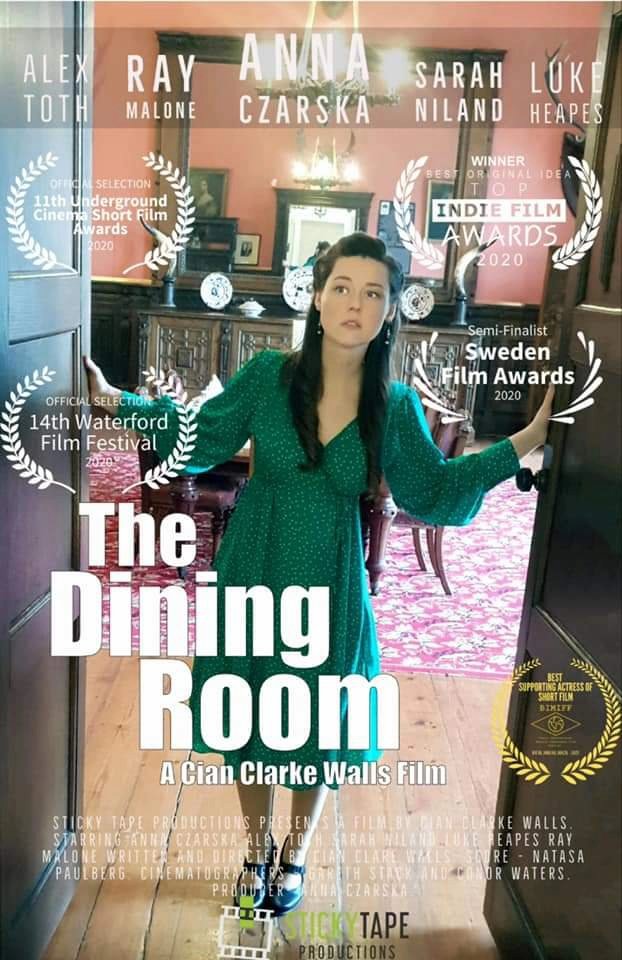
In the second part of their interview, innovative film-maker Anna Czarska talks about how different genres, storyboarding and being non-binary relate to their work as an actor, director, producer and writer.
Leslie: Why did you choose the sci-fi genre for The Dining Room, a film about identity?
Anna: Sci-fi is actually my favourite film genre. I had commissioned writer/director Cian Clarke Walls to create a story that was both compelling and able to be shot on a lower budget, but within the sci-fi genre and he came up with this idea that he had been pondering for a few years, about what it would be like if he or others could have dinner with people from the past. What would people choose? Most people would choose someone famous but what if you used the opportunity to really get to know your parents and see what they were like at your age? I thought it was an interesting concept and we fine-tuned the script together to get it to what you saw there in the finished film. It ended up being a bit of a dark comedy as well which lends to its appeal, in my opinion. The film was well-received and screened around the world, which was surprising considering we had essentially no budget for it. Still one of my faves from what we’ve made to date. I’d like to make more sci-fi and fantasy moving forward.
Leslie: Would you like to comment on the idea that you make two types of films: a) Some using the supernatural genre to examine strange things about relationships and personal identity b) Some more social realist films about problematic family relationships. What are the technical differences between them?
Anna: I’d actually say that yes, I do like to use supernatural circumstances to examine personal identity as a strong preference in my filmmaking, because I find that sometimes reality is too harsh to keep going through, but if you put yourself in a new, and unlikely circumstance, you might actually learn more about yourself than you would if you are trapped in reality. It forces you think outside of yourself. Watching fantasy and scifi films, I put myself in the place of those characters and learned so much about myself that wouldn’t have been able to if I only imagined myself in the same day to day environment.
Secondly, rather than realist films about problematic family relationships, the intent is actually to shed light on societal matters that should be spoken about and which I have a strong viewpoint on, for instance, LGBTQ films, films regarding mental health, etc. I also am rather fond of ironic or serendipitous circumstances… I think because my life has had so many interesting twists and turns, some really difficult ones, and sometimes I find it hilarious how one thing connects to the next. Overall, the concepts that land with me the most are those that deal with transformation, mental health, identity, community, and otherness.
The technical differences would be that with realistic films, I prefer long, drawn out takes, closeups, just sitting with the character in their moments. Less fine-tuned narrative, more following of the characters in their daily lives so that we get a glimpse of being them. The rawness of each breath, each emotion, and even the mundane and how much of an impact that actually has. When it comes to sci-fi or fantasy genre films, I prefer a clear, tight narrative storyline with an interesting purpose or concept but that focuses on the characters development in some way or has some sort of twist or turn that wasn’t expected. The pace is faster, the production design is more elaborate, as are the colours and costumes. I think I choose my actors in the same way with both types of genres though. A good actor is a good actor. I like the subtleties. If an actor can keep you engrossed and interested when they are just sitting there, not talking, and you still want to keep watching more… they have something special. Its in the subtle movements, the body language, the air they project into the room. This is what makes an actor great. This is what I look for. Unlike most directors, I tend to care less if someone can take direction and more about their overall presence and subtlety. A good director will be able to direct even the most rigid actor, but I find that having that built-in subtlety is not something you can direct an actor into. It has to be something they already understand. See, usually actors spend hours and hours perfecting their audition and so of course its going to be difficult to change that right off the bat. It doesn’t mean that they aren’t brilliant actors, some people just need time to adjust to notes because they spend ages preparing it a specific way. But subtlety… that’s an art.
Leslie: What does a storyboard of yours look like and how detailed is your planning? After shooting, what do you often edit out or edit down? How do you integrate music into a film?
Anna: Storyboarding is absolutely essential to get the best outcome. If you can afford to have a storyboard artist, that would be ideal. We had a wonderful artist for Mildly Different, Matt Kavanagh, who really was able to give life to the script and whose storyboarding images we kept for the credits because they were so good! But in general, I will even create kid-like stick figure drawings if I have to because I feel it is the best way to get the necessary crew/heads of departments (HODs) to understand the vision and what we are doing for each shot. Film is a visual medium, and the best way to really convey a director’s vision is to show it. I am a planner by nature so I do tend to get rather detailed in creating my vision of a project. I like to give my HODs an overall starting point, then ask their opinions and ideas for things say like costume, makeup, etc. and then have a think and go back to them with a set course of action and what I would like to see. Sometimes they think of things that you miss because you aren’t a skilled makeup artist or costume designer etc. It’s always good to get their ideas and then come back with something solid to work from. I think the worst thing a director can do, is not have a clear, decided vision on what they want. Everyone is working to the director’s vision, so they have be strong-willed and able to say no when the time comes, and it always does. Have a strong vision, be decisive, but also always be willing to listen to others’ ideas before forming your plan, it could be the perfect thing and you’d miss it if you are too stubborn to listen.
In post-production, as I’ve heard is common with most directors, I have trouble cutting things out. Sometimes it is necessary but saying goodbye to a beloved scene that you worked so hard on, can be difficult and bittersweet. And the edit is never good enough. Never. There’s always something you wish you had more time or budget to do differently. But you do your best to hire the right people and sometimes you just have to know that this is the way it goes with every project. It will never be exactly perfect, but you do your best to get it as close as possible. For music, I have a preferred composer I work with, Natasa Paulberg, who has won multiple awards for her film scores and is quite accomplished in her career overall. But we have a very easy, and effective way of working together. She is very versatile in her composing so I know I can bring her a few samples and say, “something like this” and she can then work on the score to find create something with a similar feel that is just right for our film project. She sends me bits back and forth and asks me questions as to if I prefer this or that. And if its not quite right, we say, okay, I like A but this from B is nice and maybe we can do a little bit of something else like such and such. She goes off and somehow creates exactly what I’m looking for. I think, as an autistic person, the way someone works with me is very important because I need someone confident and direct, but not afraid to try something different and give me options.
Leslie: What part has being non-binary played in your creative development as a reflective person and critical thinker?
Anna: I think being non-binary/genderfluid, allows me to see things in a different light as I am not at all bound by gender rules that most of society go by. I can look at a scene or dialogue and think, “that’s actual rather sexist or limiting”, where most people wouldn’t pick up on it because they are used to being treated/treating others this way. Being assigned female at birth, I understand the undertones of what women go through in their daily lives and the things they have to resort to to be taken seriously in their careers, and otherwise. Even the most well-intentioned males cannot possibly understand how much harder we have to work, how much more we have to prove ourselves, without living it themselves. There’s been such a long-standing culture that, if you think about it, has only just recently made any headway. Have you seen the marketing ads shown publicly just 50 years ago? Incredibly sexist and presumptuous. And that’s only 50 years. 50 years out of thousands! That’s how long we have had something resembling “equality”. And people think that those echoes are no longer relevant? That is ludicrous. On the other hand, I also see the pressure that has been put on men to be the breadwinner, to never show emotion, to never cry, to never show anything perceived as weakness… and we wonder why they make selfish, unkind choices. They aren’t allowed to be human. The gender constraints of our ancestors still hold sway in our culture and there’s so much work to be done to unravel them. I am lucky to be removed from these constraints internally, even though I absolutely still feel them pulling at me when I have make a good impression to further my career. It’s a tough thing to ignore, but I do my best. And all of this is why it is so important to make films and media that both show these constraints, and also that surpass them.
Leslie: What’s so great about cinema?
Anna: My favourite thing about cinema is that it allows me to learn about myself and others through living the experiences with the characters on screen. So many times I have been stuck on something in real life, only to find the answer in a film. And it wasn’t that the film gave me the answer, but it gave me a way to look outside of myself and see the issue in a new light. Sometimes the revelations are shocking to me, and sometimes they are minor. But all in all, films have always impacted me and allowed me to learn in a way that would take far longer, if it were even possible, in real life. Also, having lived a rather difficult life, film can be a healthy way to take a break from the pressure of it all and just relax a moment. It is still interesting to me that if someone lists the same favourite films as me, it is very likely we will gel. Films are an important representation of our society and history, a preservation, an escape, a way to bond, a form of expression, a learning tool, a protest, and also just plain ole fun! I wouldn’t want to live in a world without them.
Next week I interview Jude Piesse about her hybrid novel featuring Charles Darwin, ‘The Ghost in the Garden’.
ABOUT LESLIE TATE’S BOOKS:

I interviewed poet & artist Jane Burn who won the Michael Marks Environmental Poet of the Year 2023-24 with A Thousand Miles from the Sea.
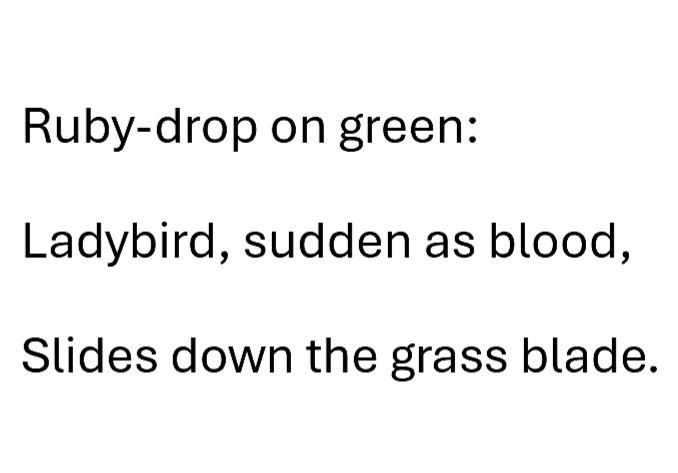
I interviewed ex-broadcaster and poet Polly Oliver about oral and visual poetry, her compositional methods, and learning the Welsh language. Polly says, “I absolutely love
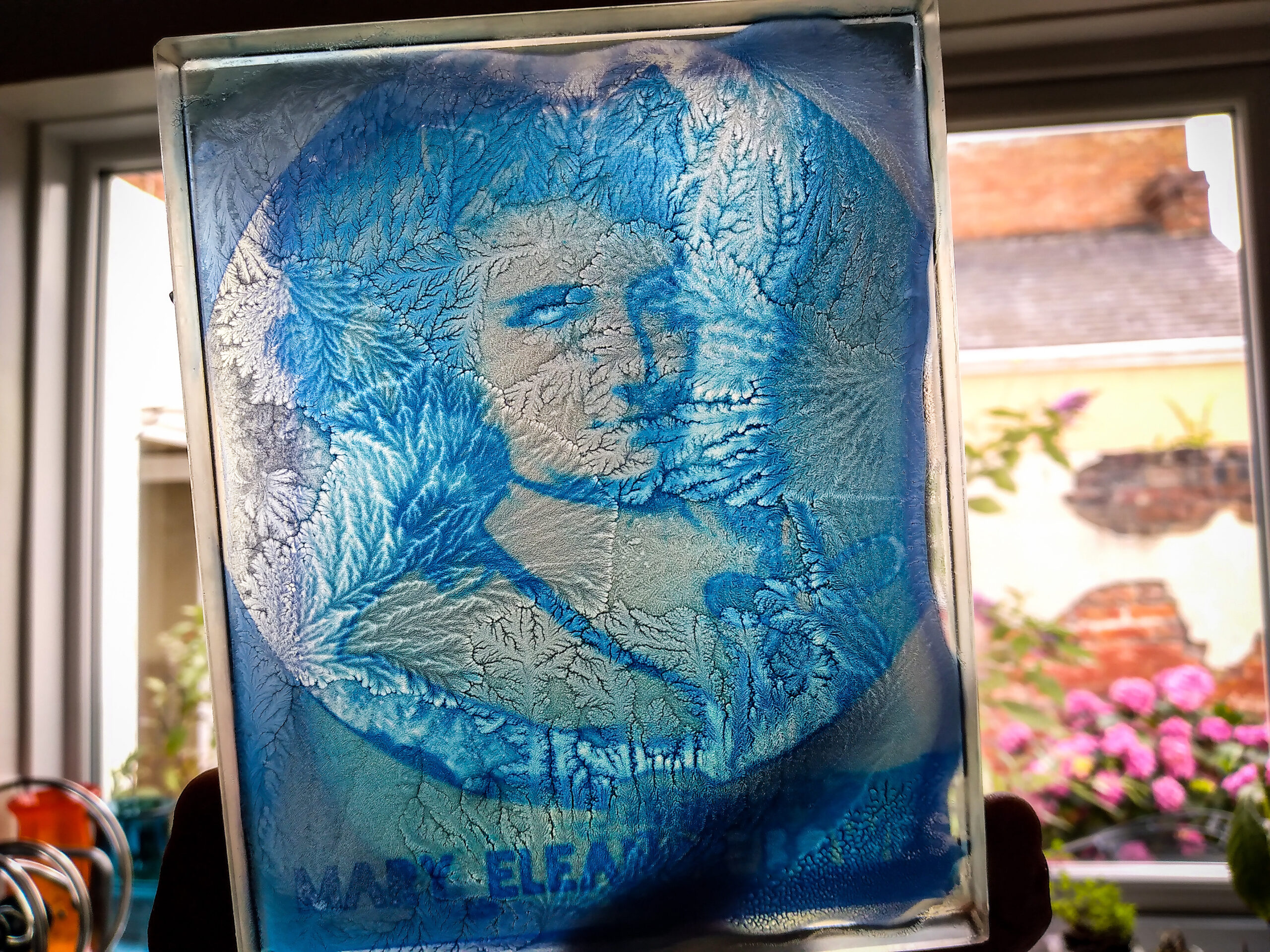
I interviewed Jo Howell who says about herself: “I’ve been a professional photographic artist since I left Uni in 2009. I am a cyanotype specialist.
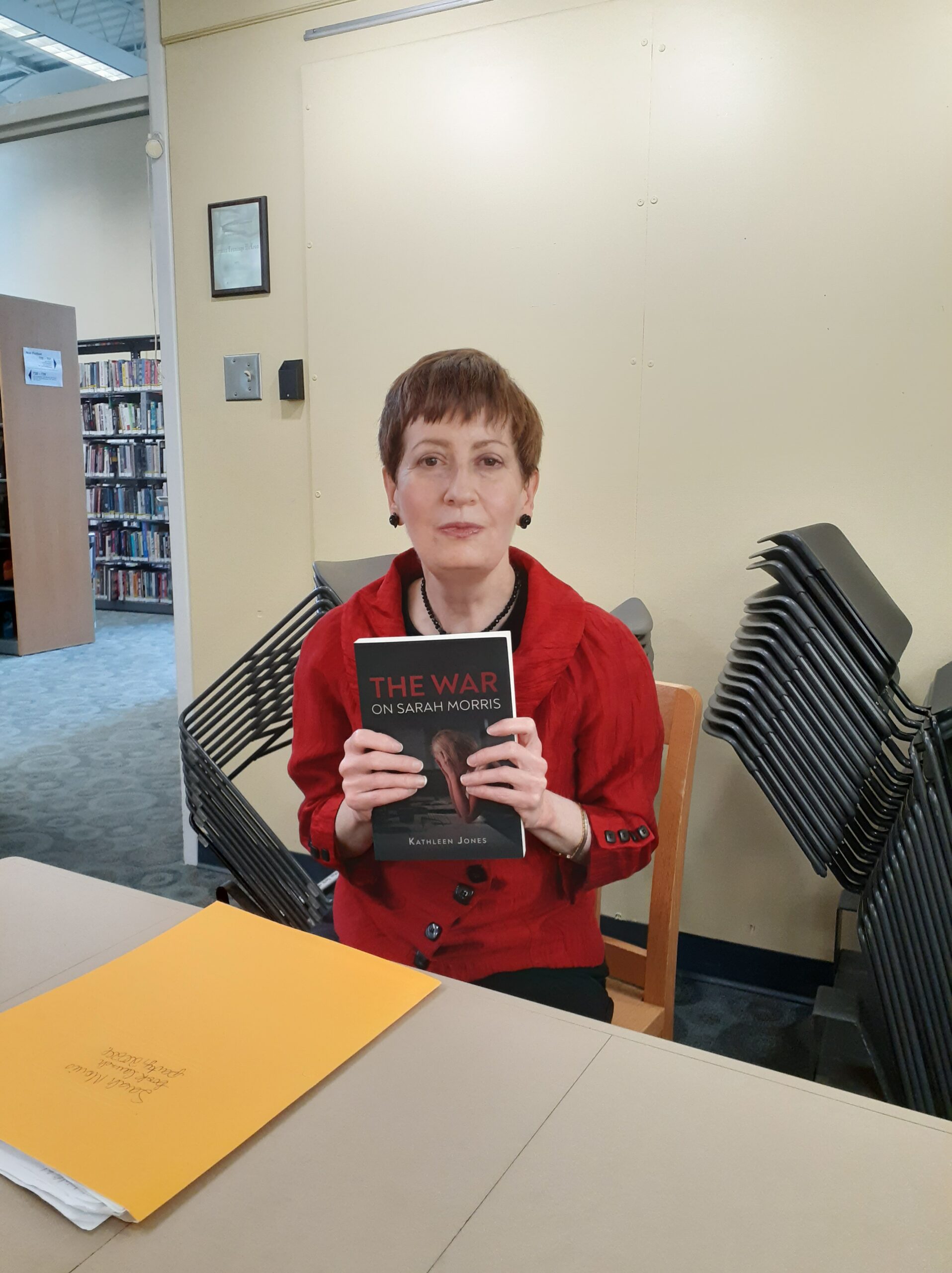
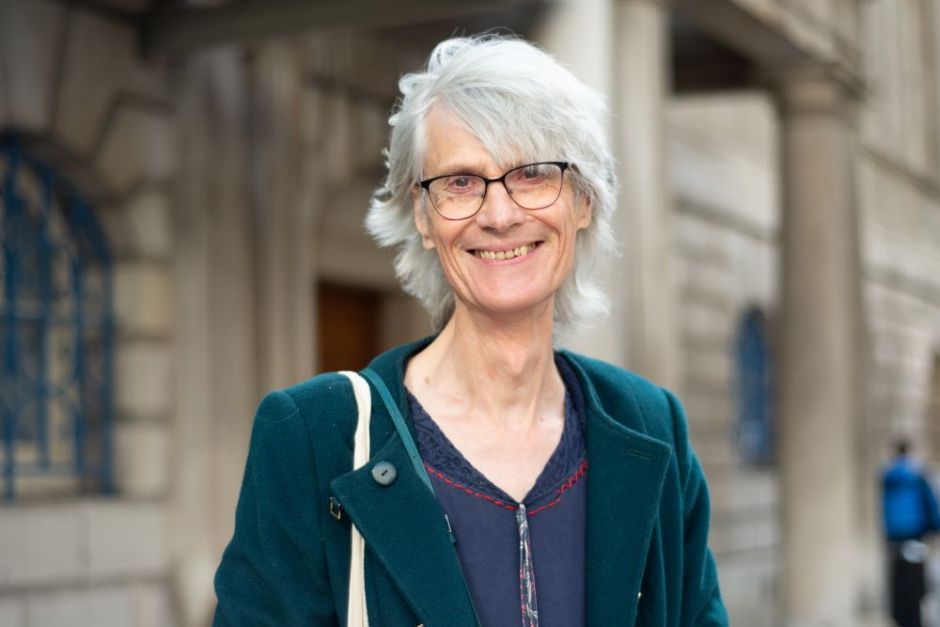
Poet Tracey Rhys, writer of Teaching a Bird to Sing and winner of the Poetry Archive’s video competition reviews Ways To Be Equally Human. Tracey,
| Cookie | Duration | Description |
|---|---|---|
| cookielawinfo-checkbox-analytics | 11 months | This cookie is set by GDPR Cookie Consent plugin. The cookie is used to store the user consent for the cookies in the category "Analytics". |
| cookielawinfo-checkbox-functional | 11 months | The cookie is set by GDPR cookie consent to record the user consent for the cookies in the category "Functional". |
| cookielawinfo-checkbox-necessary | 11 months | This cookie is set by GDPR Cookie Consent plugin. The cookies is used to store the user consent for the cookies in the category "Necessary". |
| cookielawinfo-checkbox-others | 11 months | This cookie is set by GDPR Cookie Consent plugin. The cookie is used to store the user consent for the cookies in the category "Other. |
| cookielawinfo-checkbox-performance | 11 months | This cookie is set by GDPR Cookie Consent plugin. The cookie is used to store the user consent for the cookies in the category "Performance". |
| viewed_cookie_policy | 11 months | The cookie is set by the GDPR Cookie Consent plugin and is used to store whether or not user has consented to the use of cookies. It does not store any personal data. |
One Response
I enjoyed this interview enormously and I hope to watch some of Anna’s films in the future. They all sound wonderful.